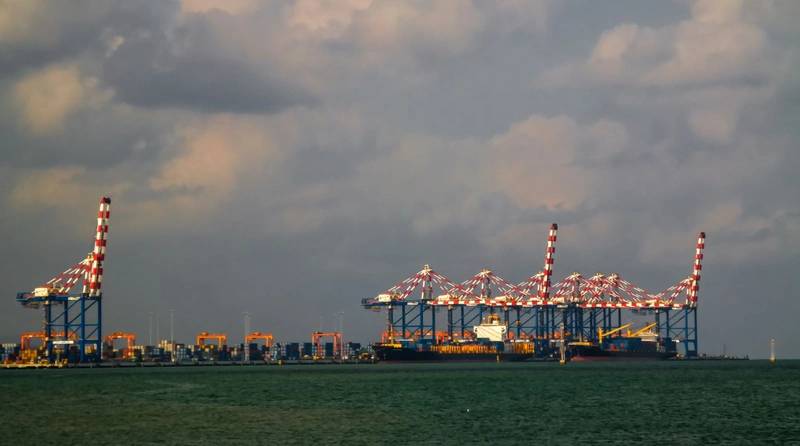Djibouti Ramps Up Efforts to Get Sailors Stranded by COVID-19 off Ships
Djibouti has carried out the first crew change of merchant sailors in its territory and is ready to get home more seafarers who have been stranded by the coronavirus, a senior port official said.
Lying on the Bab al-Mandab strait, which is one of the world's busiest shipping chokepoints, Djibouti is a critical transit hub. More than 2,500 ships transit and call at its ports annually.

Continued complications with changing over ship crews due to coronavirus restrictions in some jurisdictions is still affecting supply chains despite an easing of lockdown in many parts of the world.
Some 400,000 seafarers are affected on land or on ships - with many at sea for longer than an 11-month limit laid out in a maritime labor convention.
Shipping industry officials say many are at breaking point, in a situation the United Nations has described as a "humanitarian crisis".
The first crew change operation took place in recent days in Djibouti and involved 19 seafarers who had been at sea on a merchant ship for over a year.
Aboubaker Omar Hadi, chairman of the government's Djibouti Ports and Free Zones Authority, said the crew transfer - which included sailors replacing them who had arrived by air - took less than two days. The country was ready for more changeovers, he said.
"The main asset is not the ships, it's the people manning the ships," Hadi told Reuters this week.
"Any ship going through the strait of Bab al-Mandab we are prepared to welcome if they have a need for a crew change."
Neighboring countries include Yemen and Somalia, which have been battered by conflict. Hadi said its jurisdiction provided the "safety and security required" for merchant ships.
Crews onboard merchant ships vary and include Filipino, Indian, and eastern European nationals.
Djibouti also is home to Chinese and U.S. naval bases. Its strategic position on the Gulf of Aden means it overlooks the world's critical waterways for commodities.
(Editing by Angus MacSwan)
Related News

